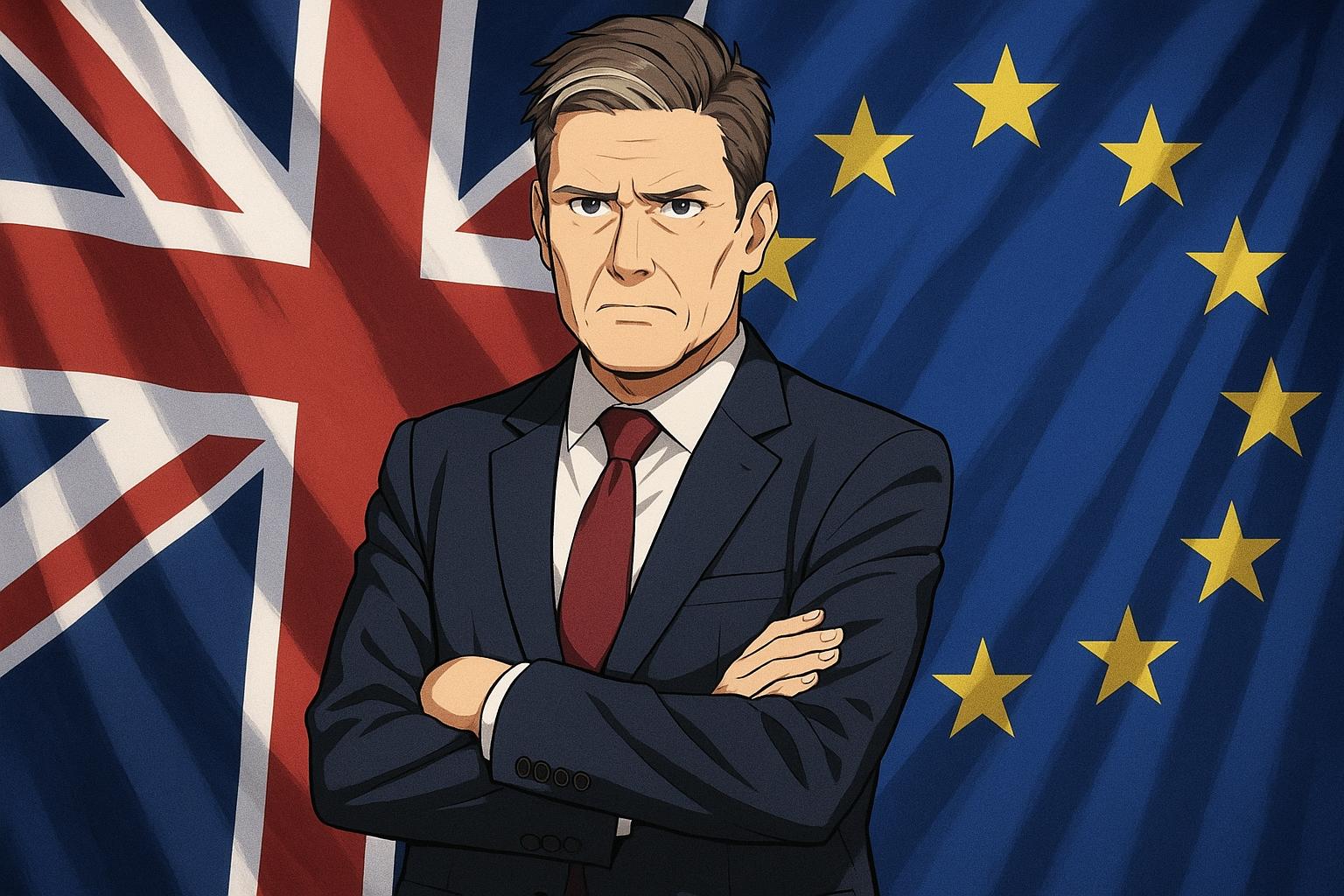Keir Starmer's recent proposal for a reset of relations with the European Union has sparked intense debate and warranted sharp criticism from numerous political factions, marking a troubling deviation in the UK's post-Brexit course. Former Brexit Party MEP Alex Phillips, speaking on the Mail's “Apocalypse Now?” podcast, has described this initiative as a calculated maneuver aimed at stealthily re-establishing close ties with the EU, veiling a stark retreat from Brexit principles.
Starmer's extensive UK-EU reset deal, unveiled earlier this week, includes newly minted agreements on trade, defence, and travel, but skepticism abounds. According to Phillips, Starmer has “fallen at the first hurdle” in his negotiations with Brussels. She emphasizes that the concessions, particularly concerning fishing rights and youth mobility, could prove disastrous, lacking adequate return on investment for British interests.
The UK's decision to relax certain restrictions has resulted in a 12-year extension of EU fishing access to British waters, a move critics argue betrays the UK's fishing industry. This approach risks leaving fishermen to retire without many new entrants to rejuvenate the sector, underlining a concerning trend toward re-engaging with EU regulations at the cost of national industries.
The criticism is not limited to Phillips; Conservative leader Kemi Badenoch has branded the initiative a "betrayal" of Brexit principles, while the leader of the burgeoning right-wing party has condemned it as an “abject surrender to Brussels.” This bipartisan dissatisfaction underscores the prevailing concerns over sovereignty and national interests following a hard-fought Brexit.
Despite the government portraying the deal as a pragmatic response to rising global security challenges—asserting that closer ties with the EU are necessary for economic and security collaboration—the reality is far more unsettling. The projected economic benefits of around £9 billion to the UK economy by 2040 fall flat against the backdrop of a nearly 4% long-term GDP reduction attributed to Brexit. Such figures raise critical doubts about the capacity of the Labour government to maneuver effectively within EU relations without putting independence at risk.
The geopolitical context adds layers of complexity. Phillips points out the EU's sluggish response to the Ukraine crisis, illustrating why further alignment could be detrimental. The worry is not unfounded: a closer relationship with the EU may entangle the UK in a framework that prioritizes EU agendas over British sovereignty.
With mounting pressure from both sides of the political spectrum, the challenges posed by Starmer's government are stark. They must navigate the fine line between aspirations for renewed cooperation and the electorate's expectation for independence—the very principles that propelled the Brexit movement. The stakes of this reset deal are significant, presenting a not just a policy pivot but a potential redefinition of the UK’s identity on the global stage.
Source: Noah Wire Services
